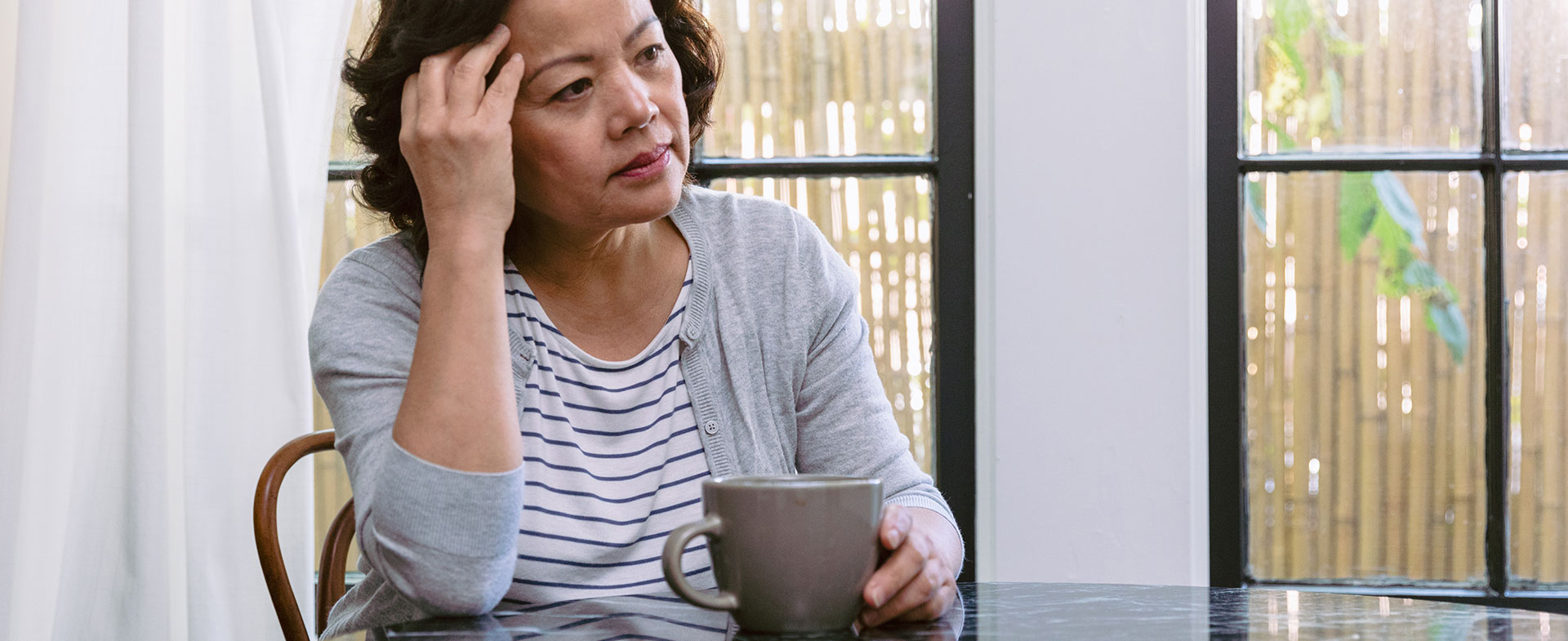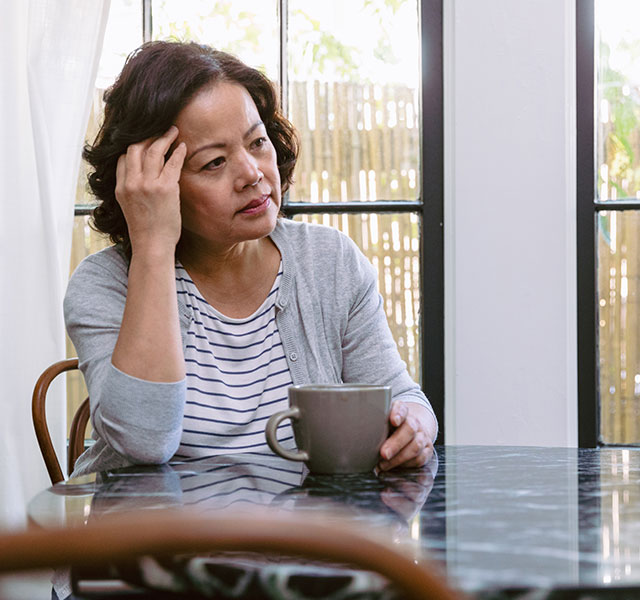If you are diagnosed with breast cancer, medical oncologists and cardiologists want you to be aware of the link between certain cancer therapies and heart disease.
“Around 80% of the people referred to me are breast cancer patients,” says Madhulata Reddy, M.D., a cardiologist with Henry Ford Health. “This partly has to do with the fact that breast cancer is more prevalent than other cancers, and also because the group of people diagnosed with breast cancer (older women and those with a family history of heart failure) are at a higher risk for cardiac toxicity, or heart damage.”
Here, Dr. Reddy and Haythem Ali, M.D., a medical oncologist with Henry Ford Health, answer the questions that breast cancer patients should know about the risk of heart disease.
Q: Which breast cancer treatments are cardiotoxic?
A: Certain types of chemotherapy drugs, immunotherapy, and radiation (in high doses to the chest) are known to be cardiotoxic, says Dr. Reddy. The group of chemotherapies that belong to the anthracycline family, for example, are excellent at treating cancer, but are also known to damage heart muscle.
“Over time, patients with damaged heart muscle can develop heart failure,” says Dr. Ali.
Q: Who is at risk for developing heart disease?
A: Younger breast cancer patients are generally less prone to heart damage from drugs, but breast cancer patients who are older, who have a personal or family history of heart disease, who are obese, who are diabetic or who have high blood pressure are more at risk from heart muscle damage from these drugs, says Dr. Ali.
Q: How do doctors determine whether to give a patient cardiotoxic medicine?
A: When choosing which drugs to recommend for a breast cancer patient, weighing the risks against the benefits is key. “We check the heart ahead of time to ensure it is strong enough to handle cardiotoxic medicine,” says Dr. Ali. “We try to predict who will be at risk. If someone already has heart issues, we won’t give them cardiotoxic drugs. If their cancer isn’t aggressive, we won’t give them cardiotoxic drugs. But if their cancer is highly aggressive, we’ll do it.”
Medical oncologists like Dr. Ali work closely with cardiologists like Dr. Reddy to monitor a patient’s heart, but sometimes, heart damage doesn’t present itself until months after completing therapy, Dr. Ali says.
Q: What can you do to reduce your risk of cardiac damage?
A: Watch out for symptoms. “The sooner you’re diagnosed with heart failure, the higher the chance of getting back to normal heart function,” says Dr. Reddy. Symptoms associated with heart damage include shortness of breath, chest pain, and swelling in the leg, especially on both sides.
It's also important to maintain a health lifestyle. “We know that patients who exercise or who are physically active can minimize their risk of heart failure,” says Dr. Reddy. Eating a healthy diet filled with fruits and vegetables, not smoking, and maintaining a healthy weight can reduce your risk of heart failure.
Finally, keep risk factors under control. If you take blood pressure and cholesterol medicine or have diabetes, take your medicine consistently and work with your doctor to keep health problems in check, says Dr. Ali. And as always, if you have any questions or concerns, it’s always best to communicate with your medical team.
If you are a cancer patient and would like a consultation with a heart specialist, visit henryford.com/services/cardio-oncology or call (800) 436-7936.
Dr. Madhulata Reddy is a cardiologist with Henry Ford Health and manages the cardio-oncology program. She sees patients at Henry Ford Medical Center -- Bloomfield Township and Henry Ford Medical Center -- Second Avenue in Detroit.
Dr. Haythem Ali is a medical oncologist who sees patients at Henry Ford Cancer in Brownstown and Henry Ford Hospital in Detroit.



